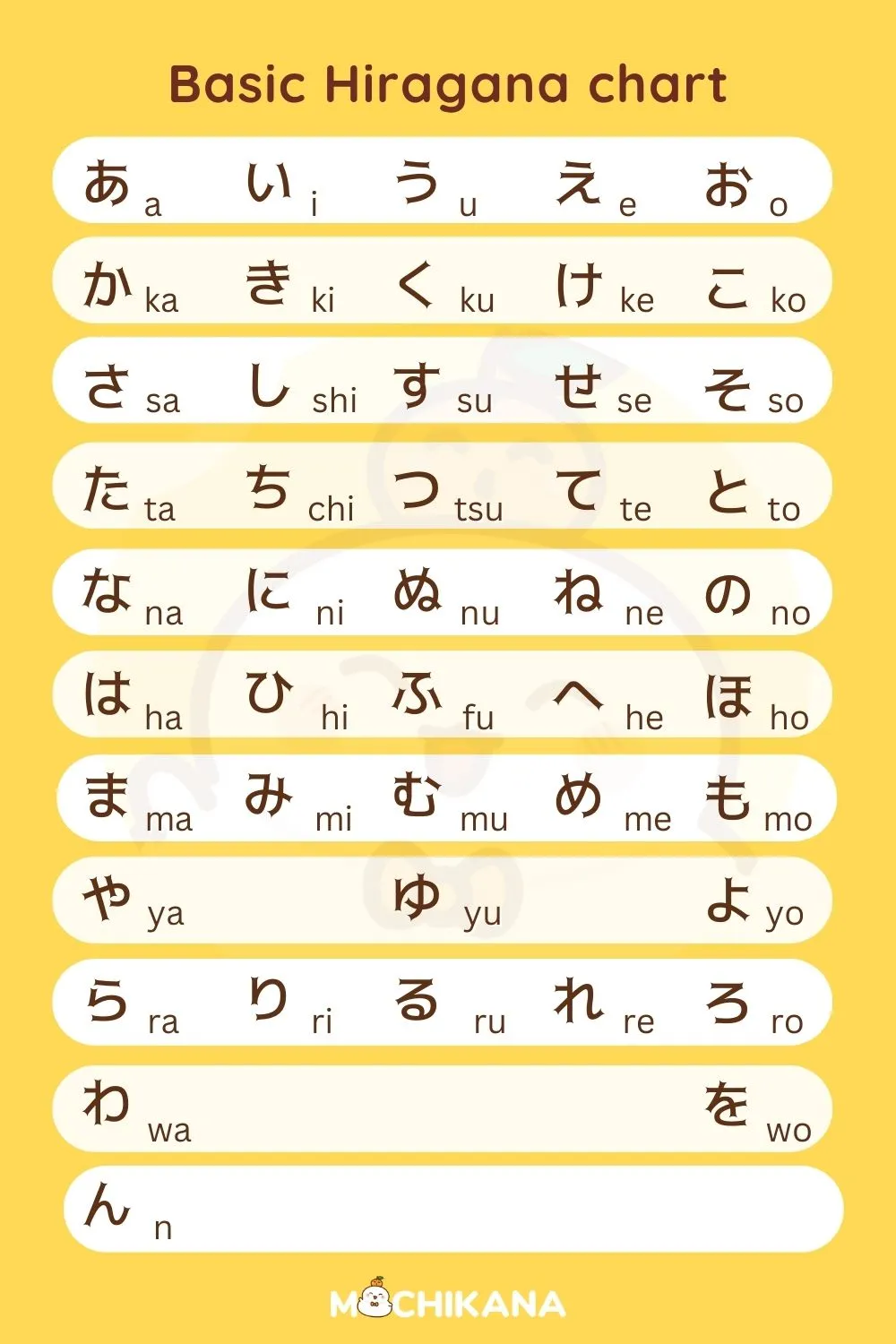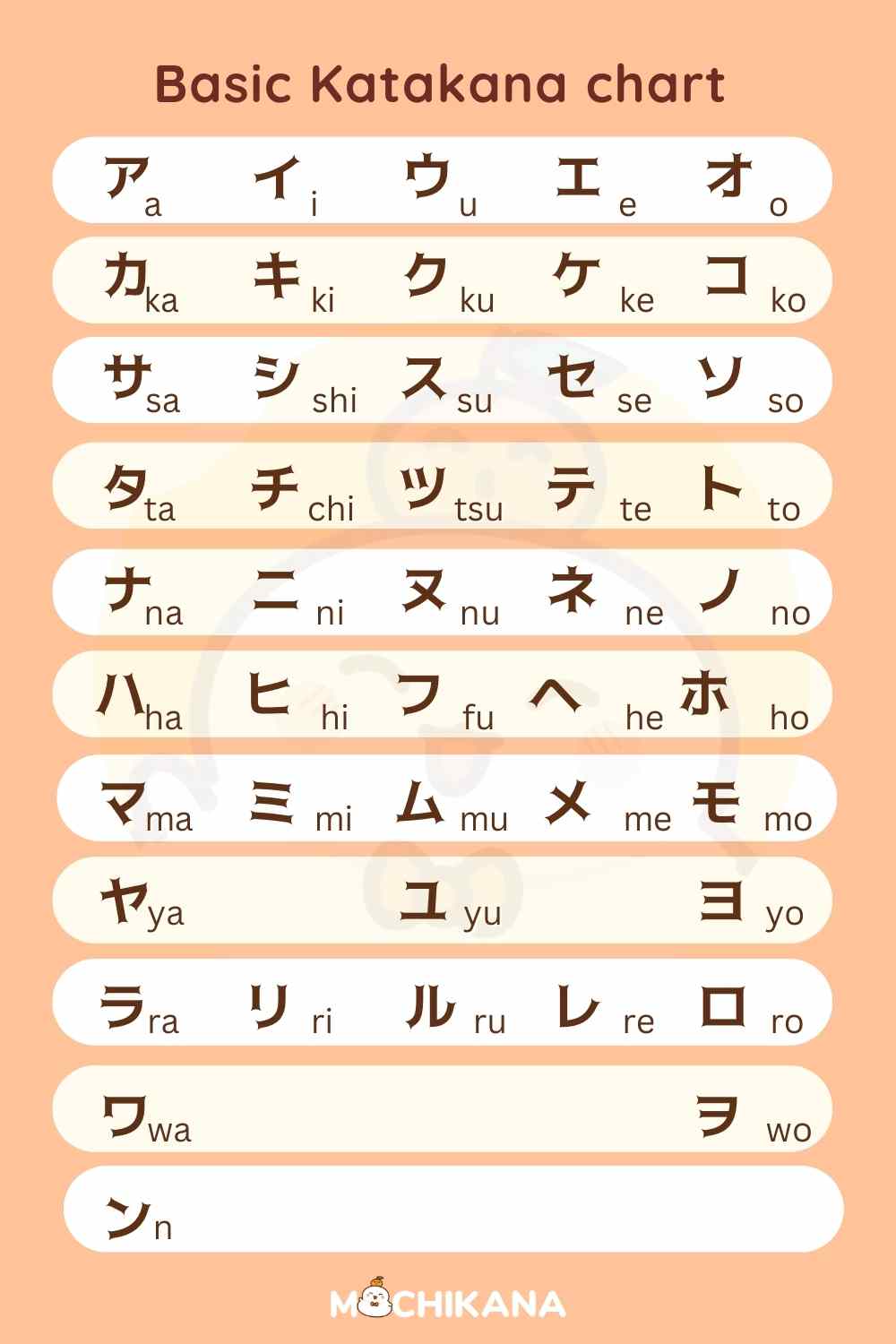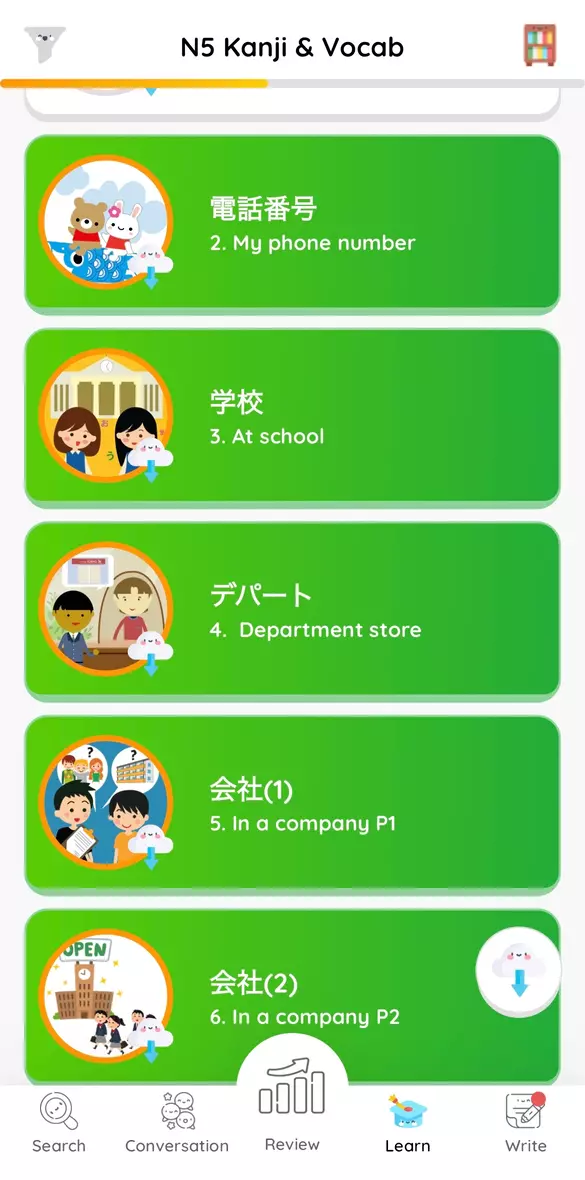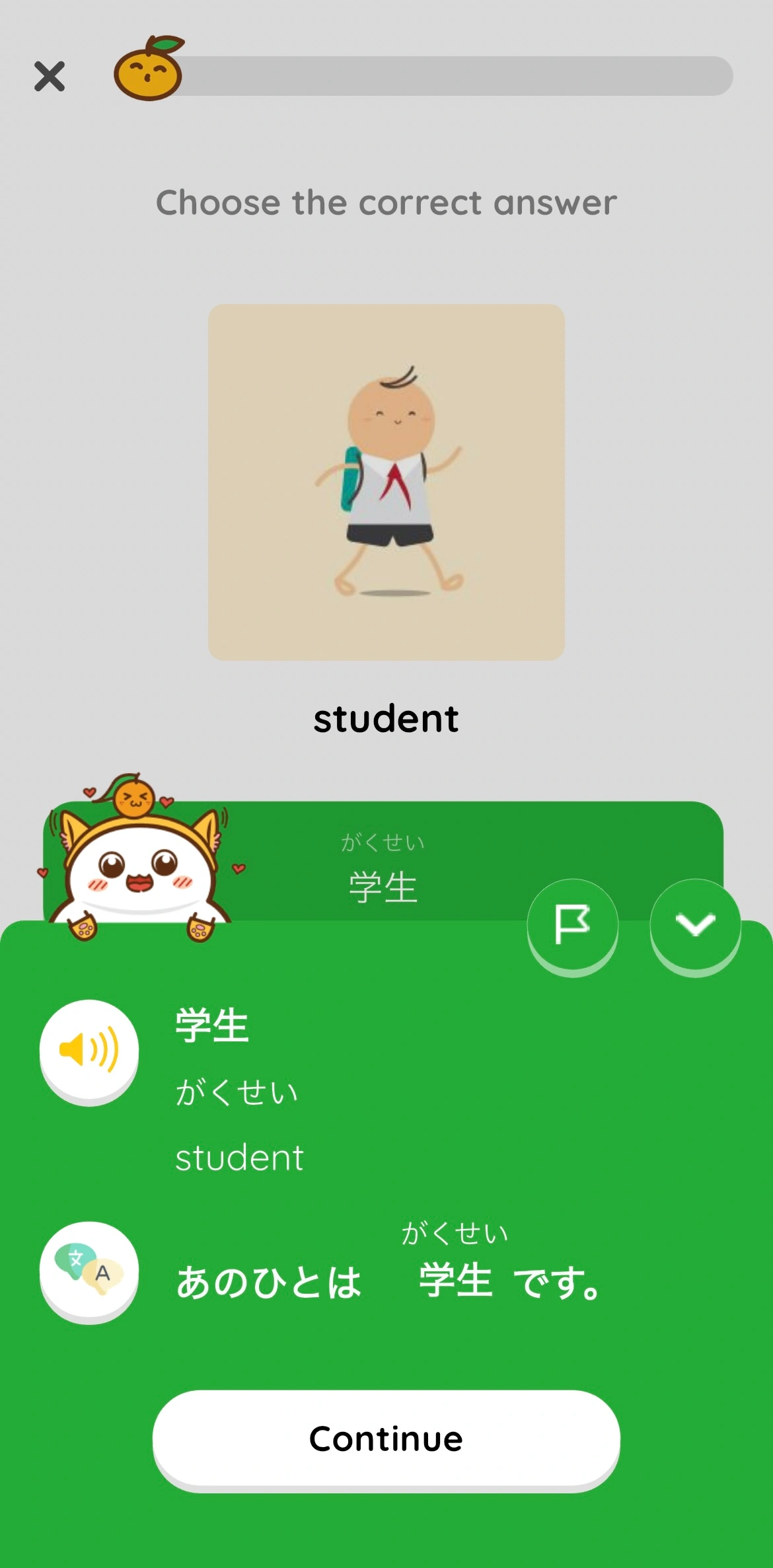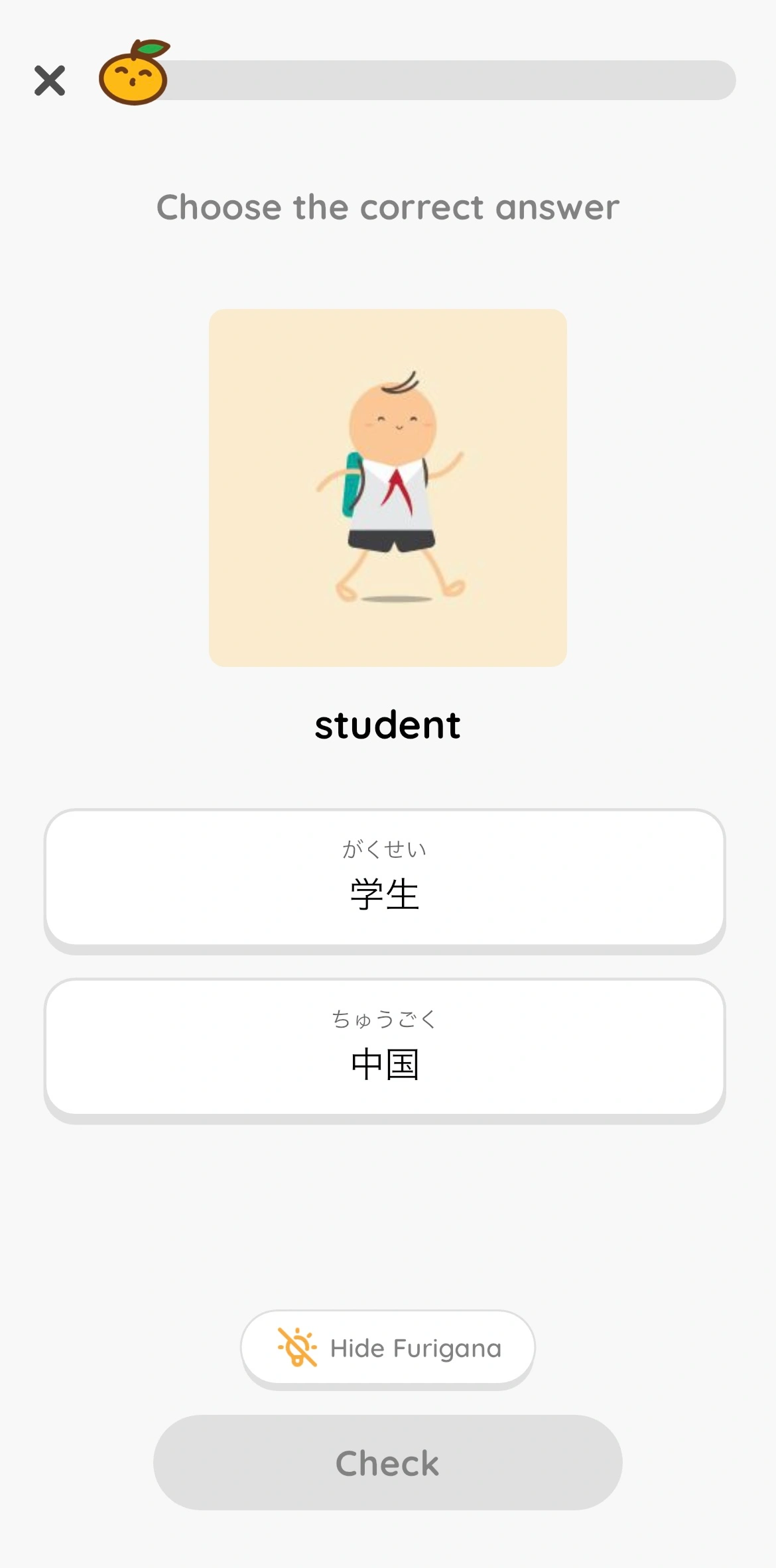Learning Japanese can be an exciting and rewarding journey, especially if you have the right strategies and resources. Here’s a comprehensive guide to help beginners learn Japanese fast and effectively.
- 1. Setting Clear Goals
- 2. Master the Japanese Alphabet
- 3. Building a Strong Foundation in Vocabulary and Kanji
- 4. Learning Basic Grammar
- 5. Developing Listening Skills
- 6. Practicing Speaking and Pronunciation
- 7. Enhancing Reading and Writing Skills
- 8. Utilizing Technology and Apps
- 9. Immersing Yourself in Japanese
- FAQs

1. Setting Clear Goals
Before you start learning Japanese, it’s essential to determine why you want to learn the language. Are you planning to travel to Japan, connect with Japanese friends, or explore anime and manga in their original language? Setting specific, measurable, achievable, relevant, and time-bound (SMART) goals will help you stay focused and motivated throughout your learning journey.
2. Master the Japanese Alphabet
Hiragana and Katakana
The first step in learning Japanese is mastering the two basic alphabets: Hiragana and Katakana. These alphabets are the foundation of the Japanese writing system and are crucial for reading and writing.
Recommended Resources
- MochiKana: This app is great for beginners. It uses interactive lessons and mnemonics to help you memorize Hiragana and Katakana characters quickly and effectively.
Tips for Memorization
- Mnemonics: Create mnemonic devices to associate each character with a familiar image or concept.
- Flashcards: Use flashcards to practice regularly.
- Repetition: Write each character repeatedly until it sticks in your memory.
3. Building a Strong Foundation in Vocabulary and Kanji
Importance of Vocabulary and Kanji
Learning vocabulary is essential for basic communication while understanding Kanji is crucial for reading and comprehension.
Recommended Tools
MochiKanji is designed to boost your Kanji and vocabulary learning with its spaced repetition system (SRS). This approach ensures you review words and characters at progressively longer intervals, which enhances long-term retention and helps solidify your knowledge more effectively.
Strategies for Memorization
- Spaced Repetition: Use apps like MochiKanji to review Kanji and vocabulary at optimal intervals.
- Writing Practice: Write Kanji characters repeatedly to reinforce memory.
4. Learning Basic Grammar
Understanding Sentence Structure
Japanese typically follows a Subject-Object-Verb (SOV) order. Learning basic sentence structures will help you form sentences correctly.
Key Grammar Points for Beginners
- Particles: Learn the function of particles like は (wa), を (o), に (ni), and で (de).
- Verb Conjugation: Understand how to conjugate verbs based on tense and politeness.
Recommended Resources
- Genki I & II: These textbooks are highly recommended for beginners. They cover essential grammar points, vocabulary, and provide plenty of exercises.
- Bunpo: This app offers clear explanations and practice exercises for all levels.
Practice Exercises
Regularly practice forming sentences and use grammar exercises to reinforce your understanding.
5. Developing Listening Skills
Importance of Listening
Listening to native speakers helps you understand how grammar is used in context and improves your pronunciation.
Recommended Resources
- JapanesePod101: Offers a variety of podcasts for different levels.
- Anime and Movies: Watching anime and movies exposes you to natural language use.
- Crunchyroll: Great for anime.
- Netflix: Offers a selection of Japanese movies.
Tips for Effective Listening Practice
- Active Listening: Pay close attention to the dialogue and try to understand the context.
- Note-Taking: Take notes on new words and grammar points you hear.
6. Practicing Speaking and Pronunciation
Importance of Speaking Practice
Speaking practice helps reinforce your understanding of grammar and improves your fluency.
Strategies for Improving Pronunciation
- Shadowing: Listen to native speakers and repeat what they say, mimicking their pronunciation and intonation.
- Repetition: Practice speaking regularly to build confidence.
Finding Language Exchange Partners
- HelloTalk: Connects you with native Japanese speakers for real-life conversation practice.
- Italki: Offers one-on-one lessons with professional Japanese tutors.
Practicing Everyday Conversations
Use the new vocabulary and grammar you’ve learned to form sentences and engage in conversations with language partners.
7. Enhancing Reading and Writing Skills
Importance of Reading
Reading helps reinforce vocabulary and grammar, and exposes you to different writing styles.
Recommended Reading Materials
- Graded Readers: Books specifically designed for language learners at different levels.
- Manga: Japanese comics that can be easier to understand due to their visual context.
- Children’s Books: Simple language and engaging stories make them great for beginners.
Writing Practice Tips
- Journaling: Keep a daily journal where you write about your day in Japanese.
- Essays: Write short essays on various topics to practice using different grammar structures.
- Flashcards: Use flashcards to practice writing Kanji and vocabulary.
Try MochiKanji now to practice writing kanji and improve your Japanese language skills. With its advanced spaced repetition system, MochiKanji helps you master kanji characters more efficiently and effectively. Start using MochiKanji today to enhance your writing abilities and see noticeable progress in your kanji learning journey!
8. Utilizing Technology and Apps
Overview of Helpful Language Learning Apps
- MochiKana: For learning Hiragana and Katakana.
- MochiKanji: For Kanji and vocabulary.
- Duolingo: Offers a gamified learning experience.
- Anki: Customizable flashcards with SRS.
Benefits of Using Technology
Technology makes language learning accessible and convenient. Apps provide interactive lessons, instant feedback, and track your progress.
Integrating Apps into Daily Study Routines
Use language learning apps during your commute, lunch breaks, or before bed to maximize your study time.
9. Immersing Yourself in Japanese
Importance of Immersion
Immersion helps you think in Japanese and understand cultural nuances.
Ways to Immerse Yourself
- Watching Japanese TV Shows: Get accustomed to the sound and rhythm of the language.
- Listening to Japanese Music: Helps with pronunciation and listening skills.
- Joining Cultural Groups: Participate in local Japanese cultural events or join online groups.
Creating a Japanese-Speaking Environment
Surround yourself with the language by labeling household items in Japanese, setting your devices to Japanese, and thinking in Japanese.
10. Staying Motivated and Consistent
Tips for Maintaining Motivation
- Set Milestones: Break your goals into smaller milestones and reward yourself when you achieve them.
- Celebrate Progress: Keep track of your achievements and celebrate your progress, no matter how small.
Importance of Consistency
Consistency is key to language learning. Regular practice helps reinforce what you’ve learned and builds a strong foundation.
Developing a Study Schedule
Create a realistic study schedule that fits into your daily routine. Consistency, even for short periods each day, is more effective than sporadic, intense study sessions.
By following this structured approach and utilizing the best resources and tools, you can learn Japanese quickly and effectively. Remember to set clear goals, practice regularly, and stay motivated. With dedication and the right strategies, you’ll be on your way to mastering Japanese in no time. Happy learning!
FAQs
How can I quickly learn Japanese?
To quickly learn Japanese, focus on these strategies:
- Immerse yourself in the language: Surround yourself with Japanese through media like TV shows, movies, music, and books.
- Practice speaking regularly: Engage in conversations with native speakers or language exchange partners.
- Use language learning apps: Apps like duolingo, babbel, or rosetta stone offer structured lessons and practice opportunities.
- Study essential vocabulary and phrases: Start with common words and expressions to build a foundation.
- Employ spaced repetition: Use tools like anki or mochikanji to reinforce vocabulary and kanji through spaced repetition systems.
- Set specific goals: Define clear objectives, such as mastering basic conversation or achieving a certain level of proficiency.
How long does it take to learn Japanese?
The time it takes to learn Japanese varies based on several factors, including your learning style, the amount of time you dedicate, and your language background. On average, achieving basic conversational proficiency might take 6 to 12 months with consistent effort. Reaching intermediate or advanced levels could take several years of study and practice, especially given the complexity of kanji and grammar.
Can I learn Japanese in 3 months?
Learning Japanese in 3 months is ambitious. You can make significant progress and gain basic conversational skills if you dedicate several hours each day to studying and practicing. However, achieving fluency or a high level of proficiency in just 3 months is unlikely. Focus on setting realistic goals, such as learning basic phrases and essential vocabulary, and continue your studies beyond the initial 3 months.
Can I learn Japanese in 10 days?
Learning Japanese in 10 days is very challenging and unrealistic for achieving fluency or a deep understanding of the language. In this short time, you might be able to learn some basic phrases and essential vocabulary, but gaining a functional level of communication or understanding complex grammar and kanji is not feasible. To make the most of a 10-day period, focus on intensive practice of key phrases and fundamental concepts, but recognize that continued study will be necessary for more comprehensive learning.

